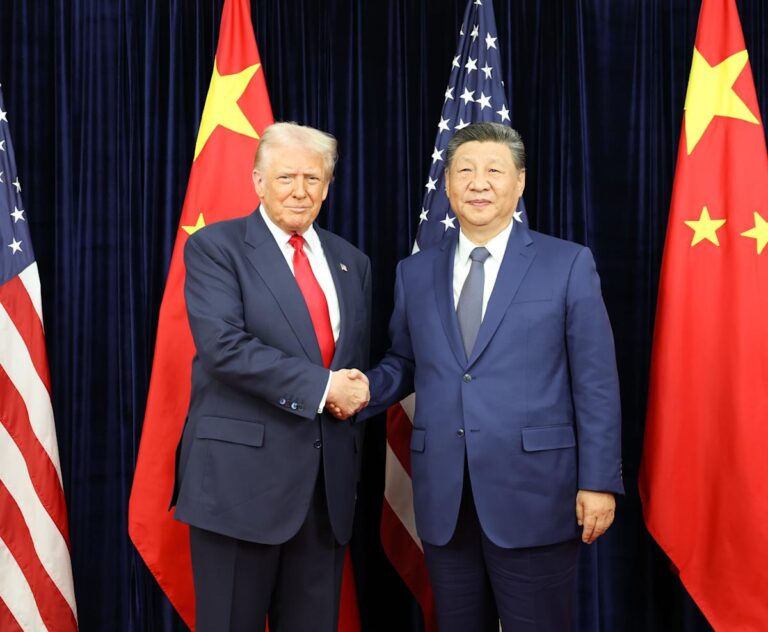OpenAI Intensifies Efforts Against Chinese Accounts Utilizing ChatGPT for Surveillance Activities
In a significant move, OpenAI has identified and banned a recently prohibited account linked to China that utilized ChatGPT to create promotional materials and project plans for a controversial social media surveillance tool. According to OpenAI, this tool functioned as a “probe,” capable of scanning platforms such as X, Facebook, Instagram, Reddit, TikTok, and YouTube to gather targeted political, ethnic, or religious content as specified by its operators. While OpenAI noted that it could not independently verify if this tool had been employed by a Chinese government organization, it highlighted that it previously disrupted similar initiatives earlier this year.
Key Developments in OpenAI’s Surveillance Prevention
-
Uyghur-Related Tracking Tool: OpenAI also prohibited an account that aimed to develop a “High-Risk Uyghur-Related Inflow Warning Model,” a system designed to monitor the movements of individuals associated with the Uyghur community. This comes amid ongoing allegations of human rights violations against Uyghur Muslims in China.
-
Threat Reporting Initiatives: Since February 2024, OpenAI has been proactively publishing threat reports to raise awareness about state-sponsored actors harnessing large language models for malicious purposes, including debugging harmful code and orchestrating phishing operations.
-
Broader Surveillance Activity: OpenAI’s recent blog post summarized various notable threats and banned accounts from the last quarter, revealing a wider trend involving Russian-, Korean-, and Chinese-speaking developers refining malware with ChatGPT. It also highlighted networks in Cambodia, Myanmar, and Nigeria misusing the chatbot for fraudulent schemes.
The Growing Concern of Online Manipulation
OpenAI’s findings suggest that ChatGPT is being leveraged to identify scams three times more frequently than it is exploited to create them. This summer, the organization successfully disrupted numerous operations in Iran, Russia, and China that employed ChatGPT for generating posts and driving engagement within online influence campaigns, both domestically and internationally.
As OpenAI continues its vigilance against the misuse of its technology, the implications for ethical AI usage and the prevention of surveillance practices remain crucial in the evolving landscape of digital platforms.







